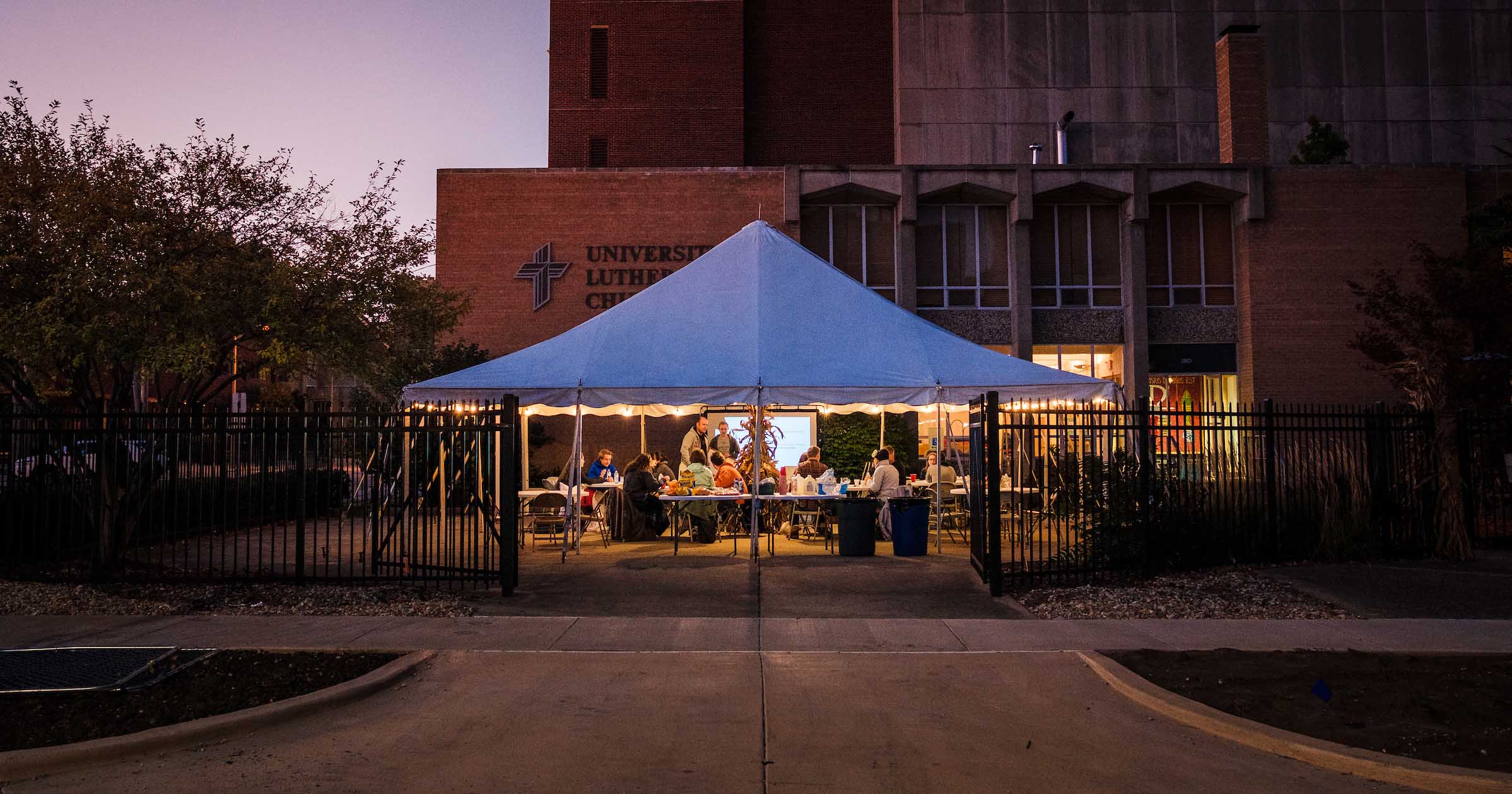
Clinging to Christ in the Exciting College Years
The whole college experience is, for most, a span of just a handful of years. … Here is what is not a phase: Your Baptism into Christ.

The whole college experience is, for most, a span of just a handful of years. … Here is what is not a phase: Your Baptism into Christ.
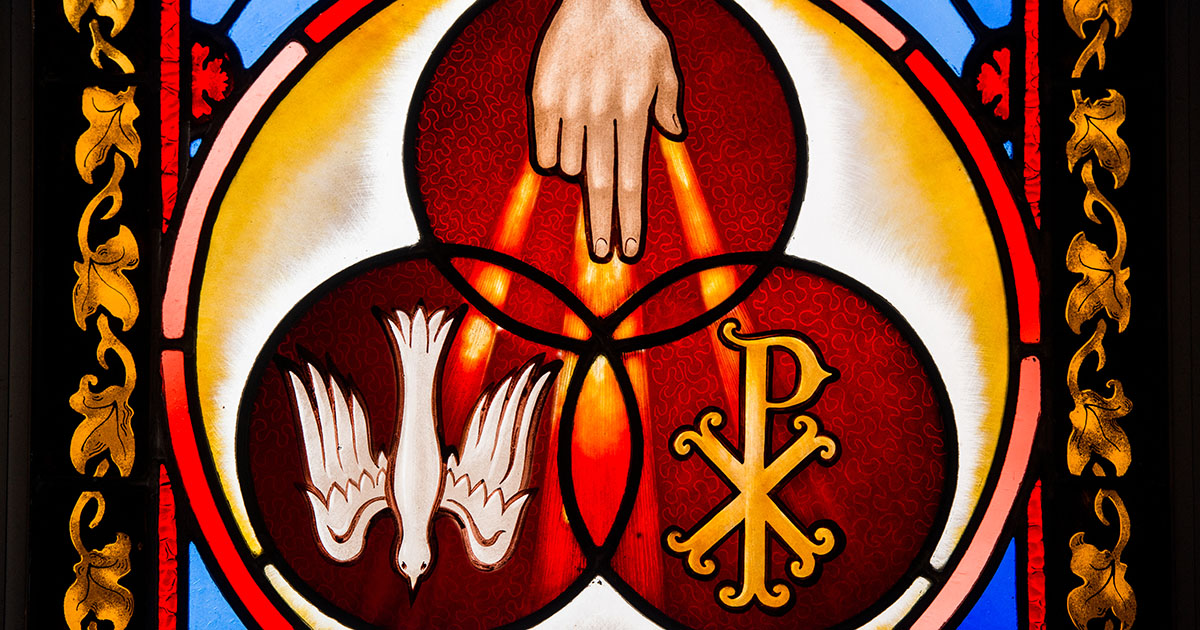
The confession that God is Father and has eternally begotten His only Son, our Lord Jesus Christ, has been criticized …

Here are 10 of the best, truest tales I have ever read, and it is my hope that, in reading them, you too will be encouraged.

We can give our kids the gift of the right kind of boredom and provide them with a chance to think.

The home-sharing site LutheranBnB helps Christians meet and bless fellow Christians while they travel.
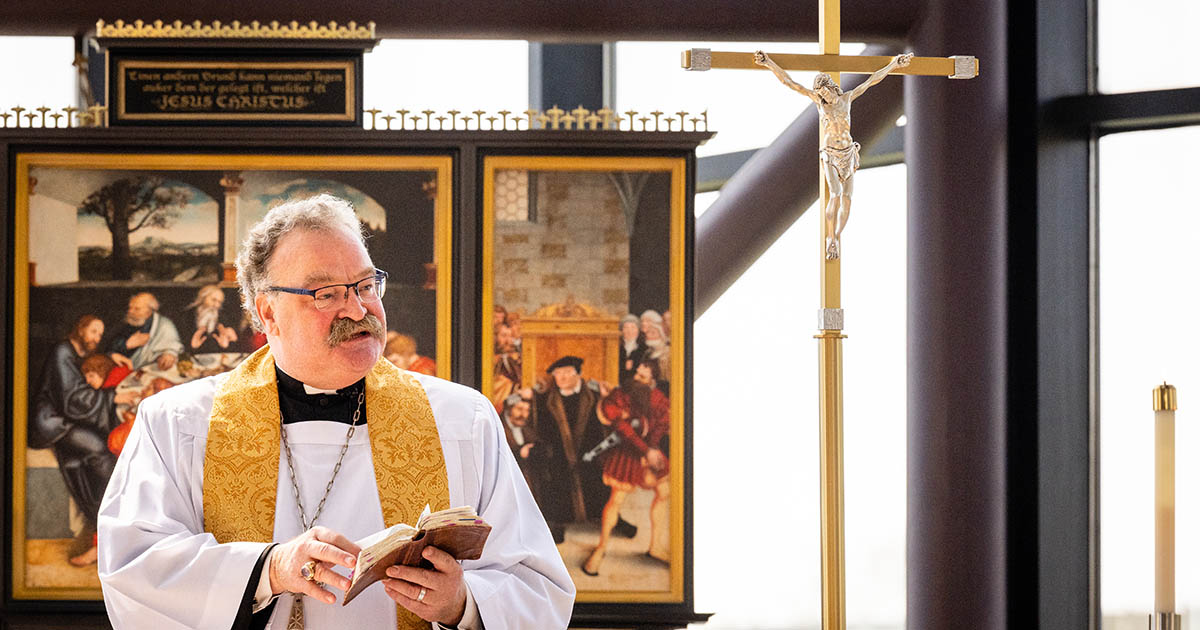
There is no other name, given among men, by which we must be saved. We are sinners redeemed, daily reminded …
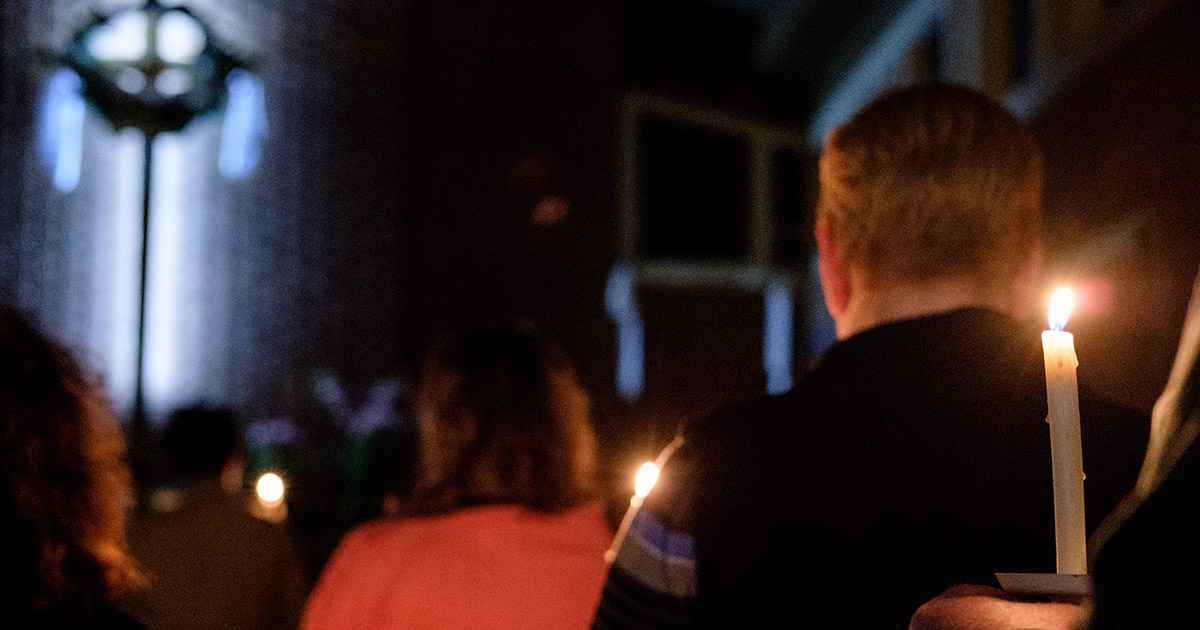
The Easter Vigil dramatically symbolizes and delivers all that we believe, teach and confess. It is the resurrection. It is Baptism.
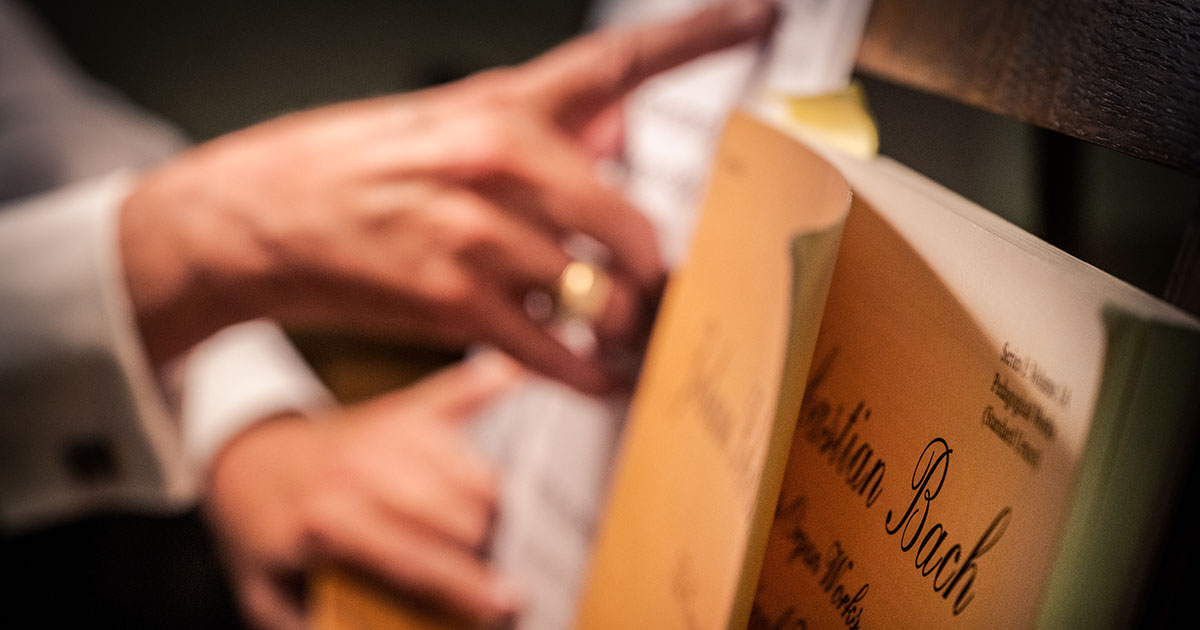
Walk step by step through Bach’s St. John Passion, an intricate musical rendition of Christ’s arrest, trial, crucifixion and burial.
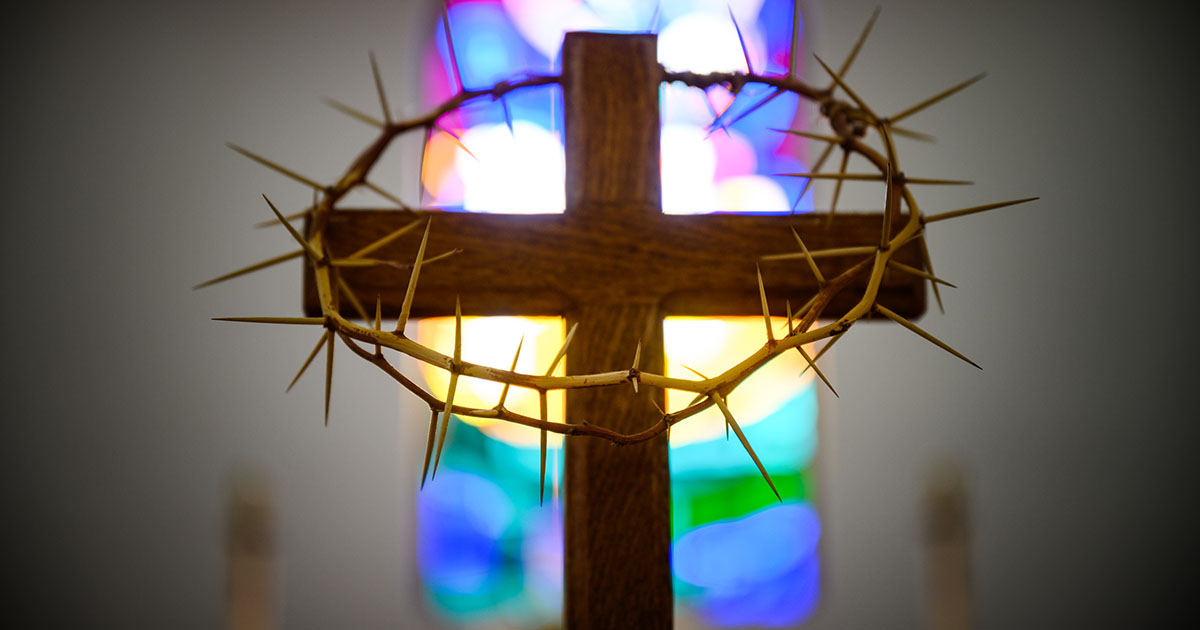
We give special attention to the days of Holy Week and all that Jesus taught and did in them. A beneficial devotional practice …
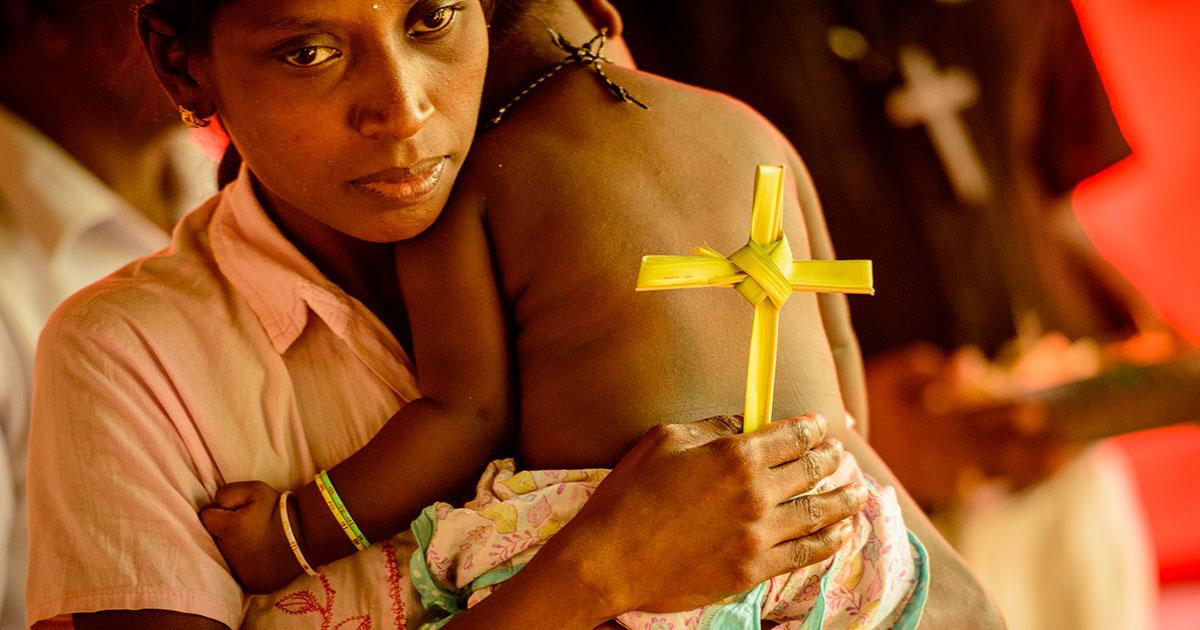
Palm Sunday, as we know it today, is an amalgamation of two distinct lines of the church’s tradition: the palm branch custom …

Like workaholic dads, stay-at-home moms can feel torn between the claims of two roles. We are wives but also mothers, and sometimes …

You know that our virtual, increasingly connected world overflows with countless channels of information that constantly ping …